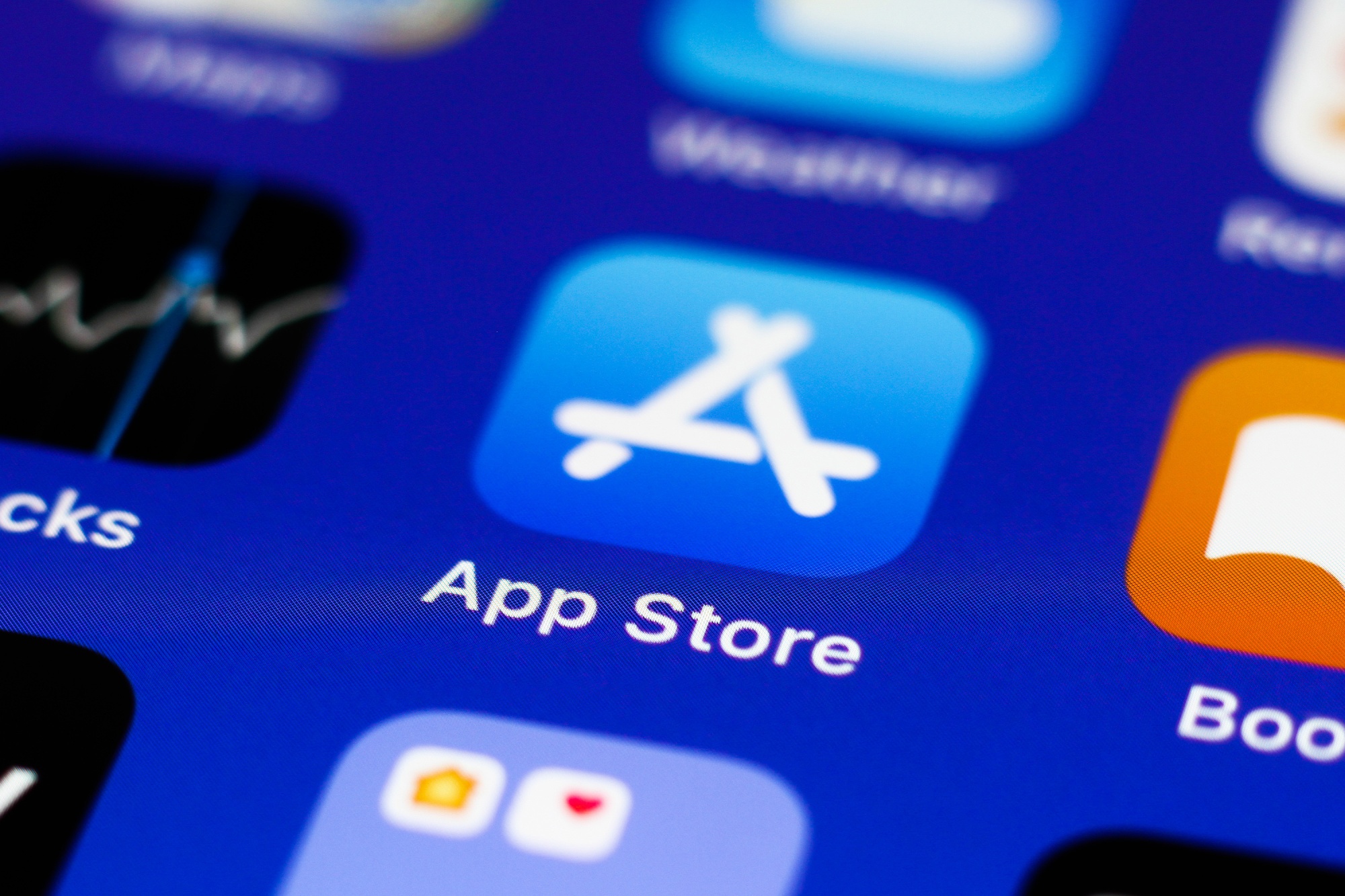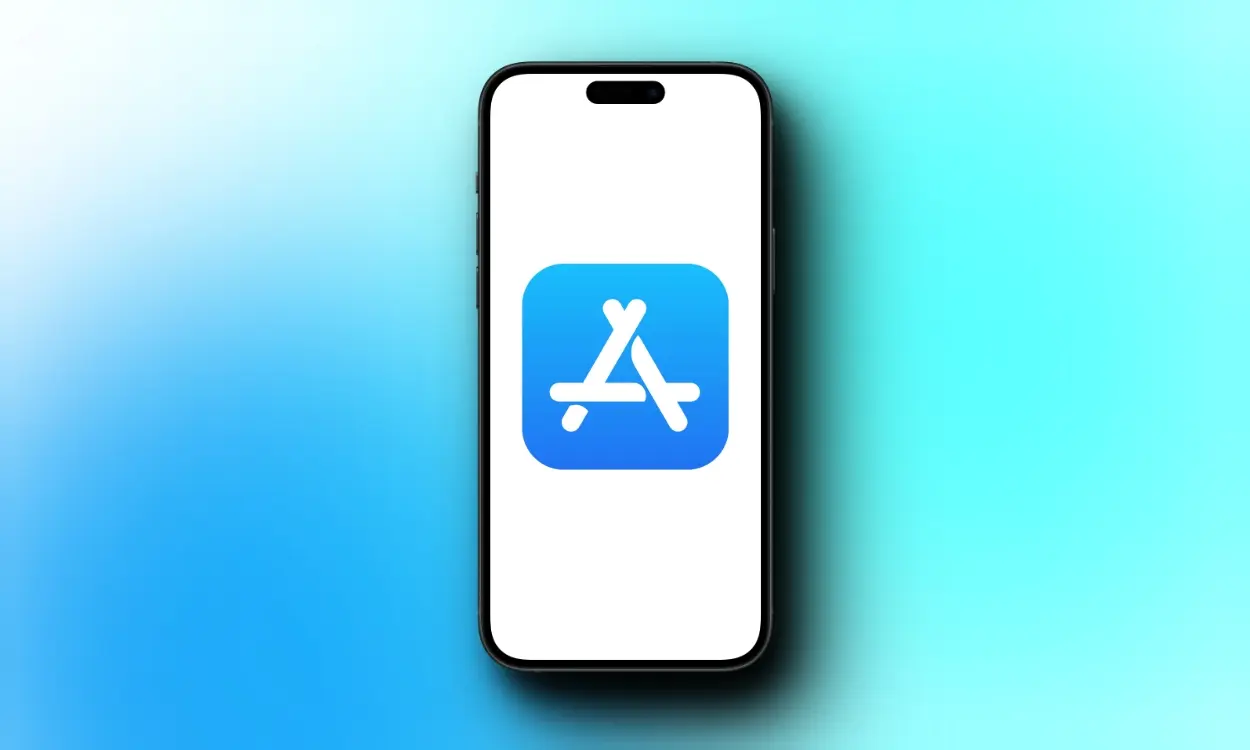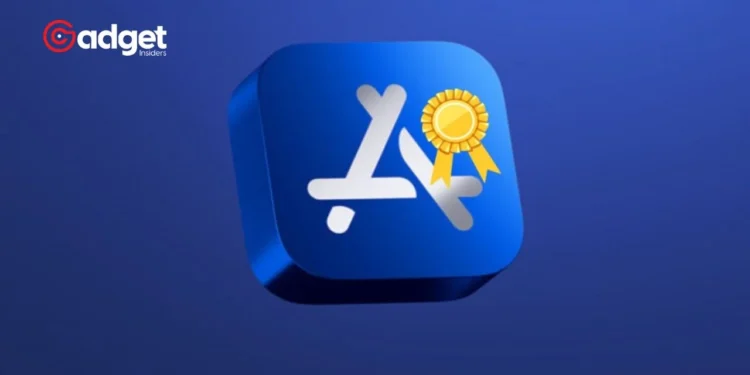In an unprecedented move, Apple has announced that starting next Tuesday, developers targeting European Union (EU) users will now have the option to distribute their iOS apps directly from their own websites. This shift marks a significant deviation from Apple’s long-standing “walled garden” approach, where the App Store was the exclusive portal for downloading iOS apps.
The change is a direct response to the new regulations under the EU’s Digital Markets Act (DMA), designed to foster a fairer digital market and curb the monopolistic practices of tech giants. Apple’s adaptation to these rules not only opens new avenues for developers but also poses fresh challenges and opportunities within the mobile app ecosystem.

Navigating New Waters: What Developers Need to Know
Developers eager to take advantage of this new distribution channel must adhere to specific criteria set by Apple, including the notarization of apps to ensure they meet safety and security standards. This step is vital as Apple continues to emphasize the importance of protecting users from potential security threats associated with sideloading apps.
Moreover, developers opting for web distribution will need to comply with Apple’s new EU business terms, which include a “core technology fee” of €0.50 for each first annual install over 1 million in the past 12 months.
This fee applies regardless of the distribution method, although developers can choose to stick with Apple’s previous business model to avoid this charge.

The Impact on Users: Security and Flexibility
For users, the introduction of web distribution means more flexibility in how they download and use apps. However, Apple is taking measures to ensure that this flexibility does not compromise security. The initial download process will involve a multi-step authorization flow, requiring users to grant explicit permission for direct app installations through their device settings.
Apple will soon let users in the EU download apps through web sites, not just the App Store https://t.co/cxUeDEECJA #publishing #technology pic.twitter.com/Yvt4RaxmDk
— AdPlugg (@adplugg) April 22, 2024
This new setup promises to maintain the high security standards iOS users have come to expect, even as it opens up new pathways outside the traditional App Store environment.
Apple insists that these measures are reasonable security precautions, allowed under the DMA to protect platform integrity.
The European Commission Keeps a Watchful Eye
As company rolls out these changes, it remains under close scrutiny by the European Commission, which is investigating various elements of Apple’s compliance with the DMA. The focus includes the company’s approach to steering user choices in the App Store and the design of choice screens for browser alternatives.
This ongoing oversight suggests that while taking steps to comply with EU regulations, the full impact and acceptance of these changes within the developer community and among EU regulators are still unfolding.

Apple Introduces Web Distribution for iOS Apps
As the tech industry leader introduces web distribution for iOS apps in the EU, both developers and users are navigating a landscape of new possibilities and regulations.
This change could potentially reshape the iOS ecosystem, offering more independence to developers and choices to consumers, aligned with the EU’s goals of a more competitive digital marketplace.
However, the extent to which developers will embrace this opportunity remains to be seen, with the industry giant closely monitoring demand and adjusting its strategies accordingly.









